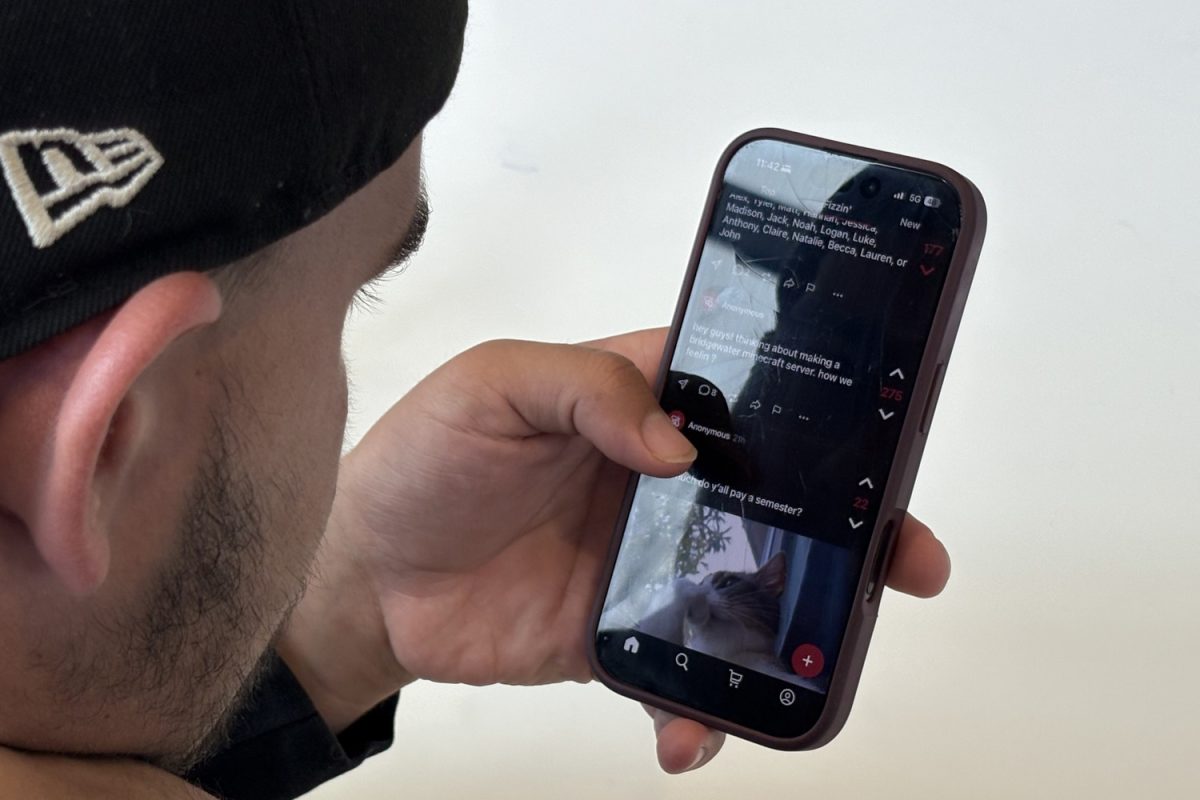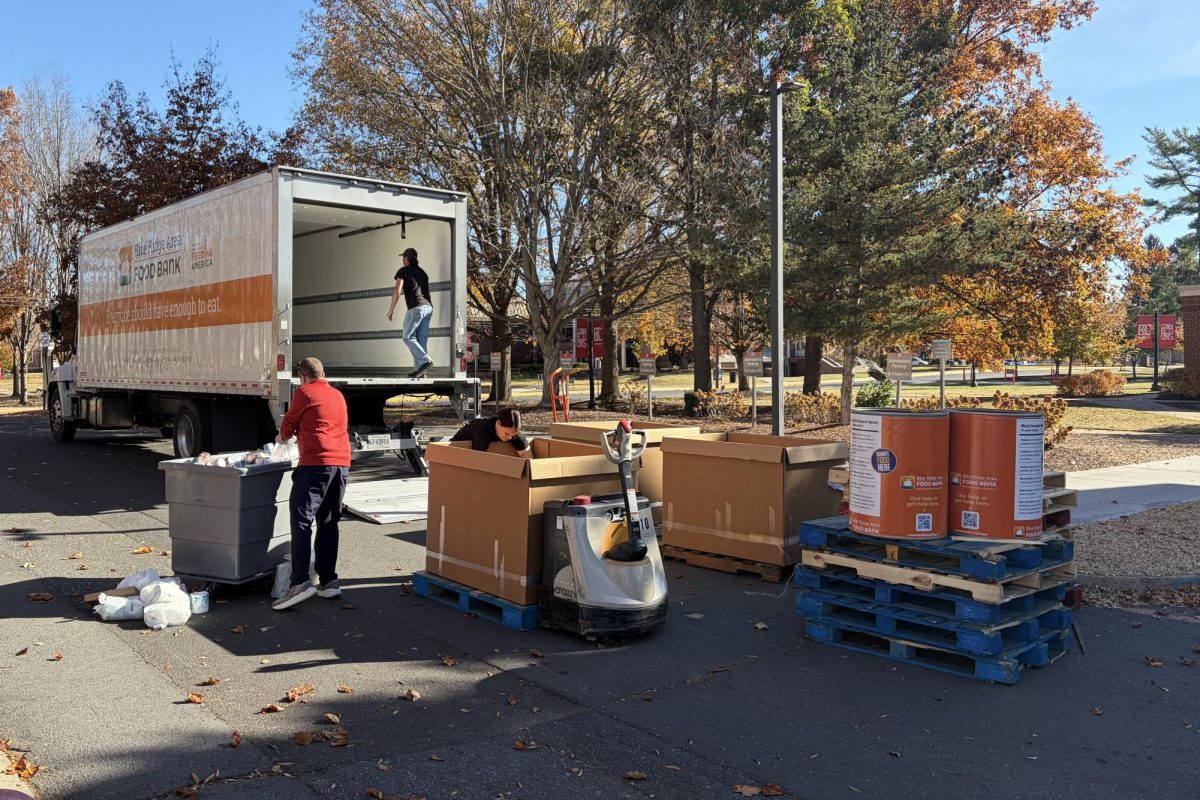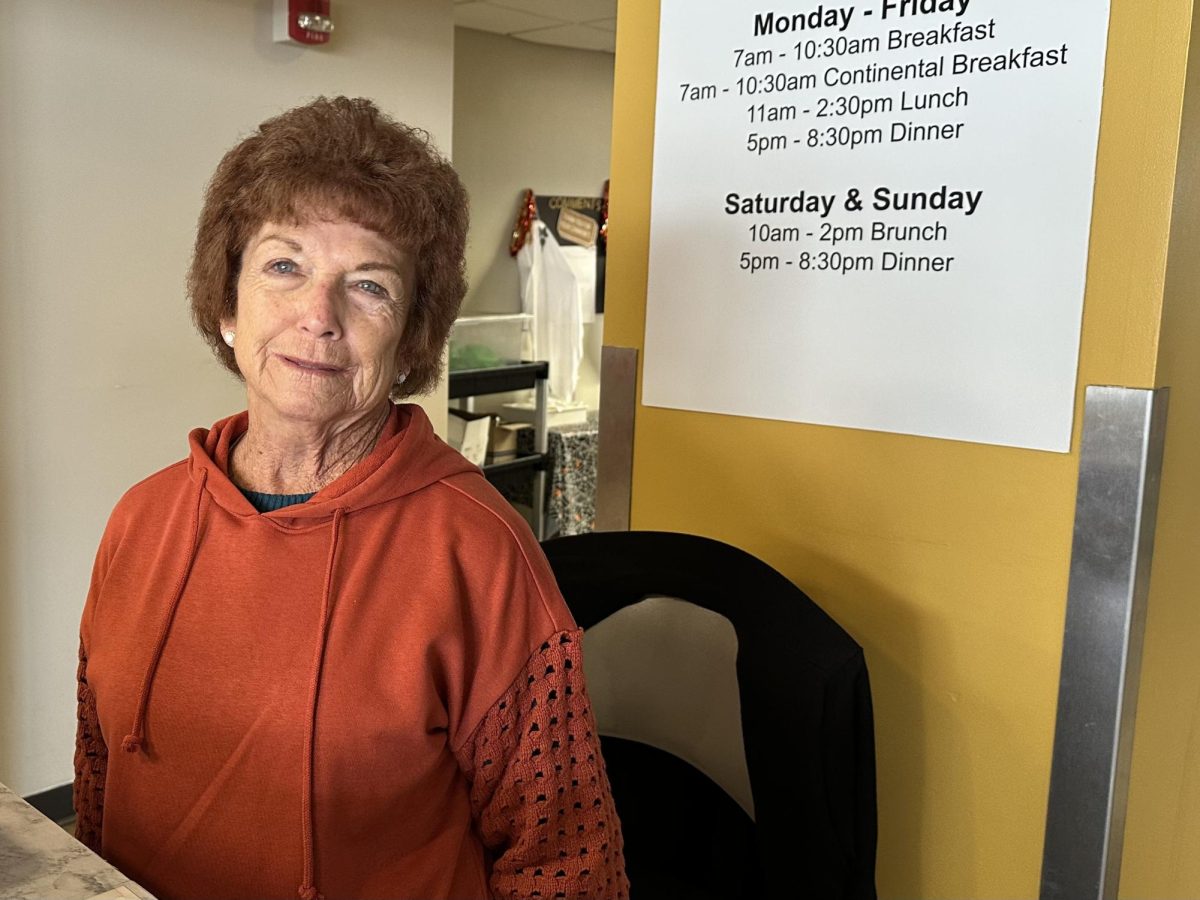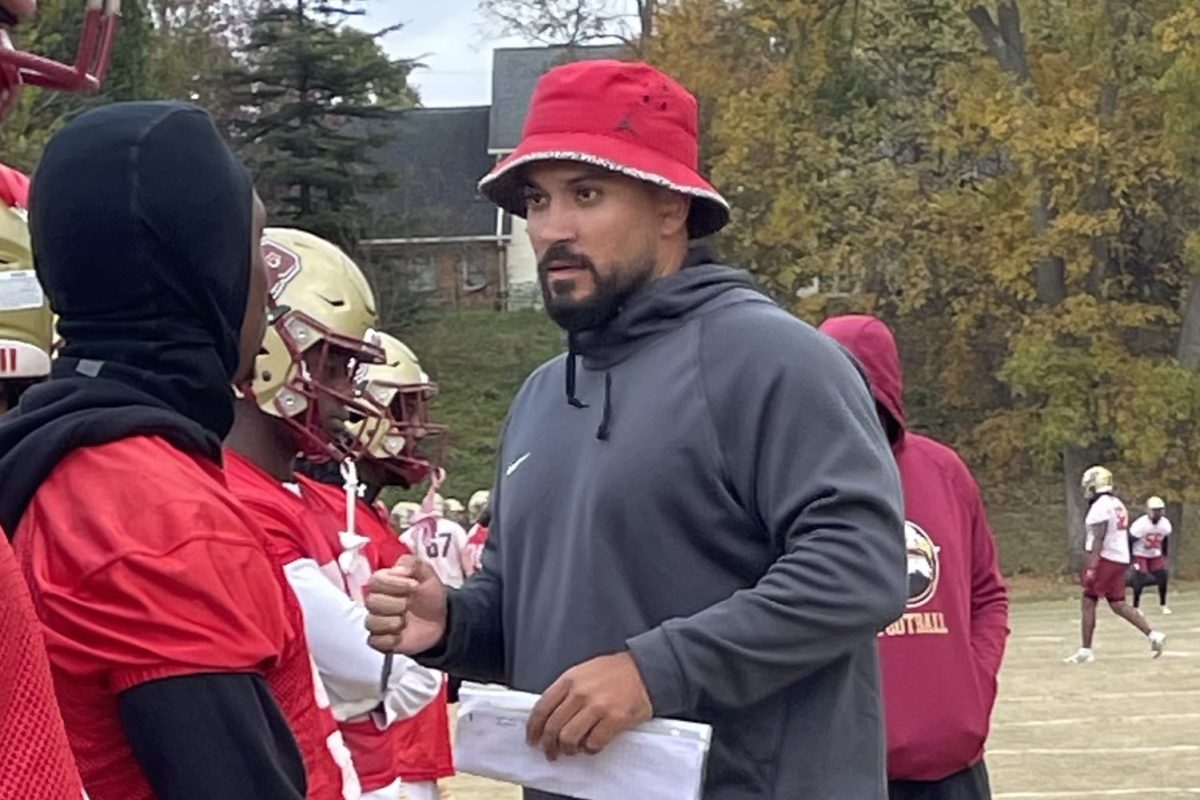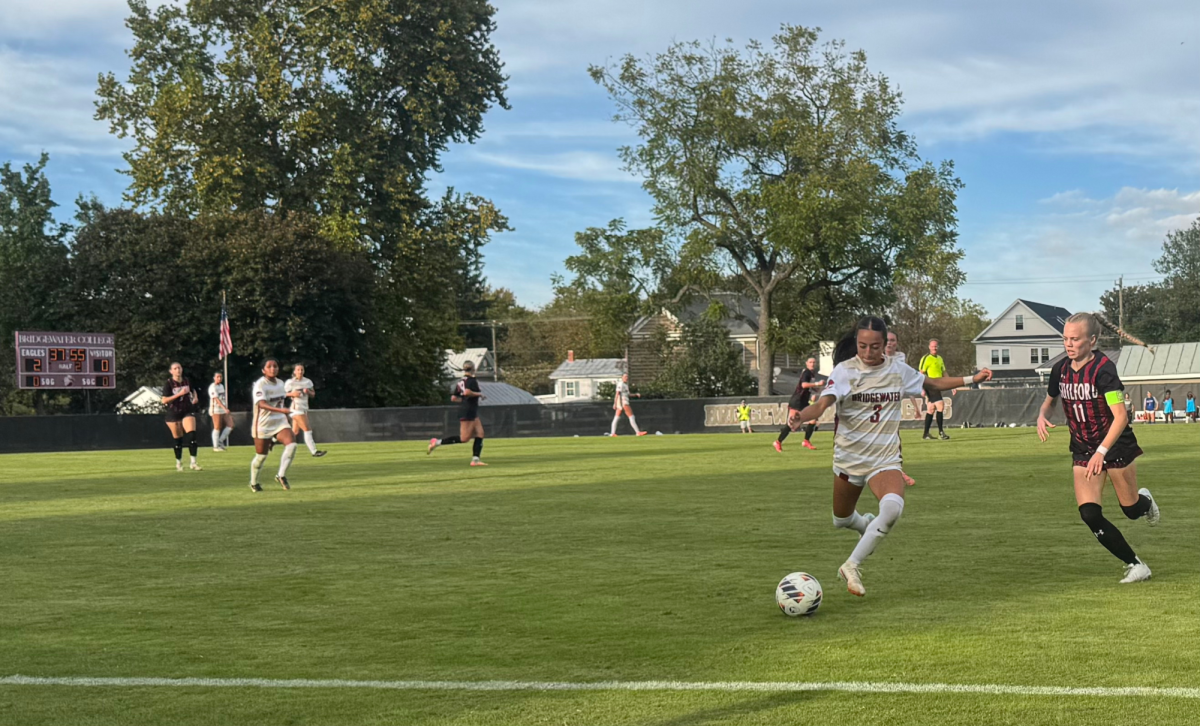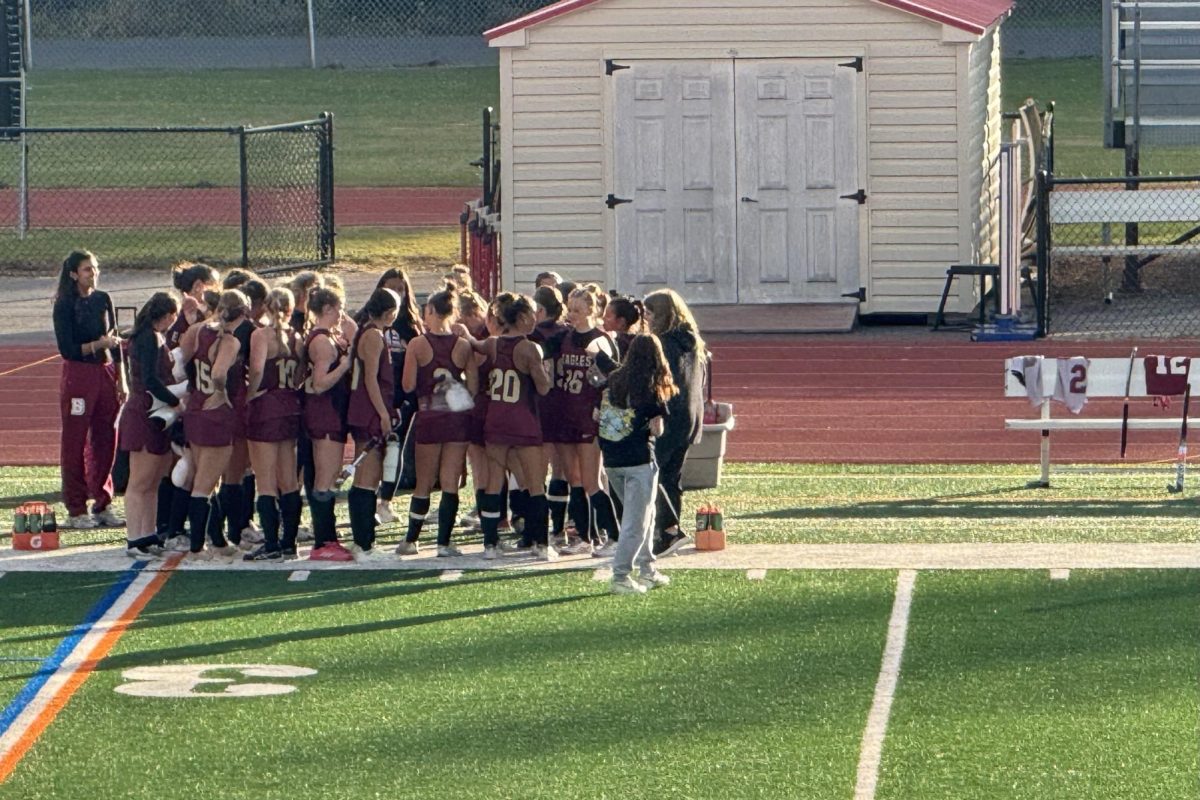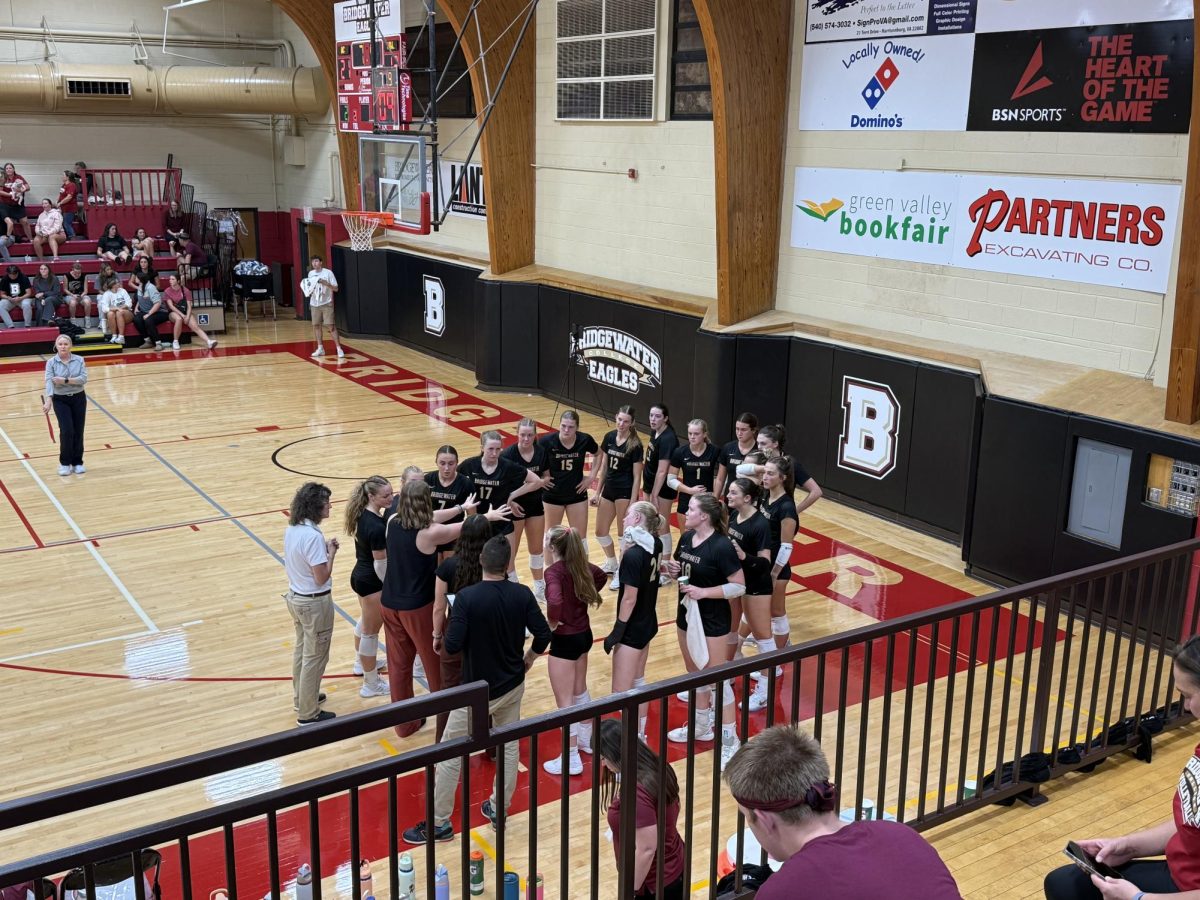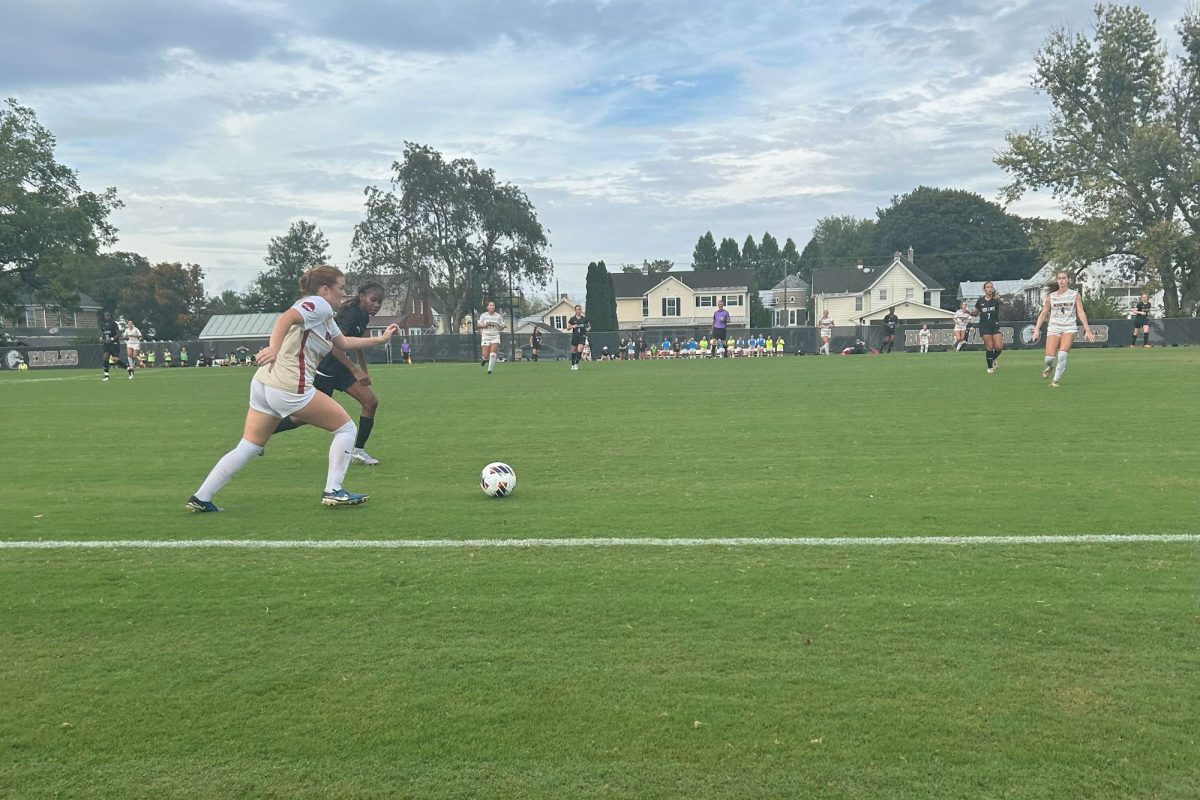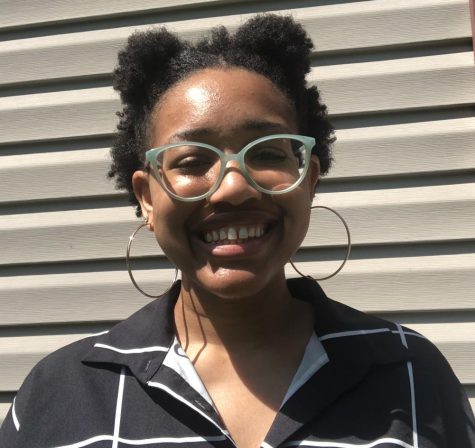Discovery of Self ‒ Conversations about Race and Inclusion on Campus
March 2, 2021
Bridgewater, Va. – In August of 2017, I entered Flory Hall for the first time for my PDP (now FILA) 150 course entitled The Souls of Black Folk, centered around W.E.B. Du Bois, a renowned sociologist and one of the cofounders of the NAACP.
This course allowed me to ponder my Blackness in ways my public school system failed to prioritize. I assessed the “problem of the color line” with Du Bois, sat with Martin Luther King Jr. in a Birmingham jail and analyzed what it means to be Black in America along with the son of Ta-Nehisi Coates in his book entitled “Between the World and Me.”
Realizing the complexity of my Black experience could not be possible without the direction of Hope Rias, an associate professor in the education department and my professor for The Souls of Black Folk.
Rias has developed her own understanding of the Black experience through her training in diversity education. Similar to many Black students at Bridgewater College, Rias did not learn Black history extensively in public education in St. Louis, Missouri. However, Rias found a place to explore the various layers of her personality as a Black student — Spelman College.
Spelman College is a historically Black women’s college in Atlanta, Georgia that remains one of the leading colleges in educating Black women since 1924. Rias describes her experience at Spelman as frightening at first, but it changed her life.
“I had gone from being seen as the smart Black girl in my high school to being surrounded by 2,000 smart Black girls, and I was scared about whether or not I would still be special. It was also really liberating because it was the first time in my life that I wasn’t the Black girl. I could just be a student, I could just be myself and not worry about being stereotyped,” said Rias.
After Spelman, Rias pursued her master’s at Brown University, a transition Rias characterized as “going back to the minority.”
“After having four years where I wasn’t in the minority, going back into that was very difficult. It’s like experiencing freedom, then being put back in a cage. When I went to Brown University, I encountered the same kind of issues that I had when I was a high school student,” said Rias.
However, setbacks inflicted by racism did not deter Rias from her professional goals. Rias has taught in multiple states, including New York and Indiana, and spent a year abroad in South Africa. She received her doctorate at Indiana University in 2010 and came to teach at Bridgewater College in 2015.
Rias was drawn to teaching at Bridgewater because the College was seeking to employ someone with expertise in diversity.
When I came to Bridgewater College, Rias never ceased to ask difficult questions that challenged me as well as my peers. We had to dive deeper into our perceptions and often misconceptions of ourselves. I admired Rias’s tenacity that caused me to evaluate what it means to be a Black woman in America, especially in the education system.
During this Black History Month, I have wondered how my education has aided in my personal and intellectual development as a Black student, and it is unfortunate to say that this is the first course that I have ever encountered these questions. It is also unfortunate to note that most implementations of Black history occur only in February.
My interview with Rias helped me understand that the creator of Black History Month, Carter G. Woodson, created the celebration because “people were not honoring the contributions of Blacks at all.” Eventually, Woodson desired for this celebration to be so ingrained into society that it would be second nature to recognize Blacks.
This is not only regarding Black history, but also all diverse cultures.
“Once we pass that minimum of giving Black people 28 days of attention, the ultimate goal is for cultures to be integrated into everything that we do, so I don’t wait until Women’s History Month to honor women,” said Rias. “I talk about women almost every class period so they’re integrated into my work. I feel the same way for Latinos as well. I think the ultimate goal is to always honor the diverse groups of people who made this country what it is.”
I agree that having a month is significant and an excellent place to start, but it should never stop on the last day of February. We should never dilute diversity into one month because there is so much to discover about ourselves, and our College is seeking to evolve our identity in diversity.
I was definitely surprised by the diversity I encountered when I came to Bridgewater College. There are many people who look like me, but also many people who do not look like me that give me the opportunity to appreciate and learn about their culture. While the College is making strides toward becoming a more inclusive place, there is a lot of room for growth.
It was difficult to discover my sense of identity beyond The Souls of Black Folk. This was the first class where Blacks were the center of the conversation, and I journeyed back into the minority for the rest of my college career.
At Bridgewater College, there are not many opportunities academically for BIPOC students to embrace their identity. There is no course in Black history, and there are some specialized courses that should be part of the curriculum that everyone must take — especially in a country formed from racial disparities.
If there were ever a time for students to discover their own identity, privilege and contribution to society, it is now. College remains a space to discover one’s self, but college can be at the forefront of social justice and education reform, influencing students to embrace their own diversity, speak up for others and denounce bigotry and hatred.
This is not solely achieved through inviting more students from diverse backgrounds to campus. I believe that representation in the student body is imperative, but it is also necessary to have representation among faculty trained in diversity pedagogy.
Rias believes that it is “important to have professors on campus that integrate multiple cultures in their curriculum.” This should be implemented across all disciplines including literature, music, art and history.
“What a lot of scholars are talking about now is decolonizing their syllabus. For a long time, the standard of good scholarship was work that was written predominantly by white men and I don’t need to degrade the work that talented white scholars have created in order to say that they’re not the only people that created great work,” Rias said. “We’re invariably teaching students that no one else contributed anything and that’s just not honest.”
In addition to the full integration of all cultures into syllabi, we need professors with expertise in diversity that help students discover their sense of identity.
“Students of color are not experts,” Rias added. “They’re sitting in class hungry for the information that the professor can give them.”
While Bridgewater College is working on forming a diverse faculty, I am thankful that I have always had professors who have acknowledged my presence and encouraged me throughout my college career, contributing to the discovery of my identity. There are professors here who genuinely care and will support you, even if they do not look like you. Rias calls for students to “find allies where you can.”
My college experience at Bridgewater has been transformative. I have learned so much about myself as an individual, and this school has helped me to cultivate my Black identity.
As BIPOC students, we are often unlearning the misconceptions about our culture within the realm of education because we were never taught the truth of our existence and did not have the representation to allow us to be seen. We are finally learning the truth about ourselves, and we can take our identity into the world — which now has no choice but to listen.

